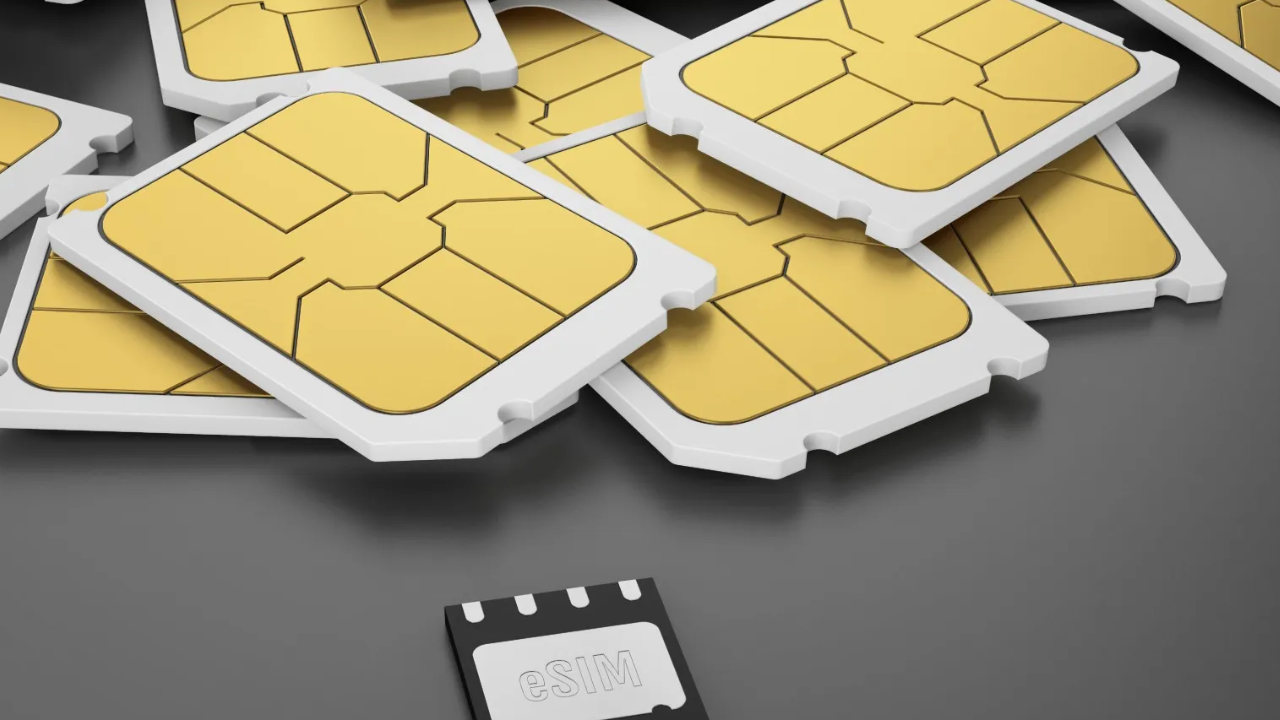The widespread deployment of embedded SIM (eSIM) technology has brought about a dramatic shift in the telecommunications industry in recent years. Since eSIMs are built into devices rather than being separate SIM cards like regular SIM cards are, consumers can switch providers without having to change their actual SIM cards.
For both individuals and organizations, this ground-breaking technology offers more freedom, convenience, and opportunities. The widespread deployment of embedded SIM (eSIM) technology is causing a revolutionary change in the worldwide telecommunications sector. Visit the byteSim for more items… about the eSim Global Carriers.
Global Carriers Are Compatible With eSIM Technology
These are some of the carriers that were utilizing eSIM actively or experimentally.
United States AT&T
AT&T, the nation's largest telecommunications company, was a pioneer in the use of eSIM technology. AT&T recognizes the advantages of increased user convenience and permits users of eSIM-compatible devices to easily activate their service without a physical SIM card. With this action, AT&T establishes itself as a pioneer in offering its customers cutting-edge connection options.
Vodafone (Global footprint)
Vodafone has been a prominent supporter of eSIM technology because of its wide global footprint. Vodafone, a global operator, has simplified user experience by allowing eSIM profile activation remotely. This not only makes onboarding easier but also demonstrates Vodafone's dedication to providing its clients with a smooth, international connectivity experience.
T-Mobile (Global coverage)
T-Mobile has established itself as a carrier leading the eSIM revolution thanks to its extensive global coverage. Because of the carrier's dedication to providing support for worldwide eSIM, consumers can seamlessly switch between networks and manage numerous subscriptions on a single device. The introduction of eSIM by T-Mobile is in line with the changing requirements of consumers looking for more freedom in their mobile connectivity.
China Mobile
China Mobile has become a major player in the eSIM technology adoption in the country's dynamic market. China Mobile, a significant carrier in the area, is demonstrating the country's dedication to keeping up with technical developments by supporting eSIMs. China Mobile's use of eSIM technology demonstrates its commitment to offering cutting-edge solutions to its sizable customer base.
In Europe and Latin America, Telefonica
Telefonica, a company with operations in Europe and Latin America, has adopted eSIM technology to adapt to the changing needs of its varied clientele. The carrier's commitment to provide cutting-edge connectivity solutions is demonstrated by its provision of eSIM support. Due to its use of eSIM technology, Telefonica is positioned to lead the telecommunications sector's digital revolution.
From Singapore, Singtel
As one of Singapore's top carriers, Singtel has seen how eSIM technology may help meet the needs of its tech-savvy customers. Through the integration of eSIM technology, Singtel affords users a smooth and trouble-free mobile experience. Singtel's aggressive eSIM adoption strategy is consistent with its dedication to providing cutting-edge solutions in the highly competitive telecom market.
Telstra (Australia)
Telstra is a notable carrier that has adopted eSIM technology, making it stand out in the large Australian market. Acknowledging the need for adaptable and user-friendly mobile connectivity, Telstra offers its customers eSIM support so they can benefit from embedded SIMs. Telstra is positioned as a progressive provider in the area thanks to its dedication to eSIM technology.
Jio (Ghana)
With its acceptance of eSIM technology, Jio, India's leading Telecommunications Company, is transforming connectivity for its enormous user base. Jio's dedication to innovation makes it possible for customers to take advantage of eSIMs, streamlining the process of activating devices and providing a smooth, adaptable mobile experience. Jio is a significant player in India's rapidly evolving market, and its adoption of eSIMs is indicative of its commitment to remain at the forefront of technical innovation.
Finally
Leading carriers including AT&T, Vodafone, T-Mobile, China Mobile, Telefonica, Singtel, and Telstra have adopted eSIM technology globally, signaling a revolutionary change towards a more connected future. The era of conventional SIM cards is giving way to the ease and flexibility provided by embedded SIMs, which promise a cutting-edge and user-centric mobile experience on a global scale. These carriers are paving the way for seamless connectivity.


